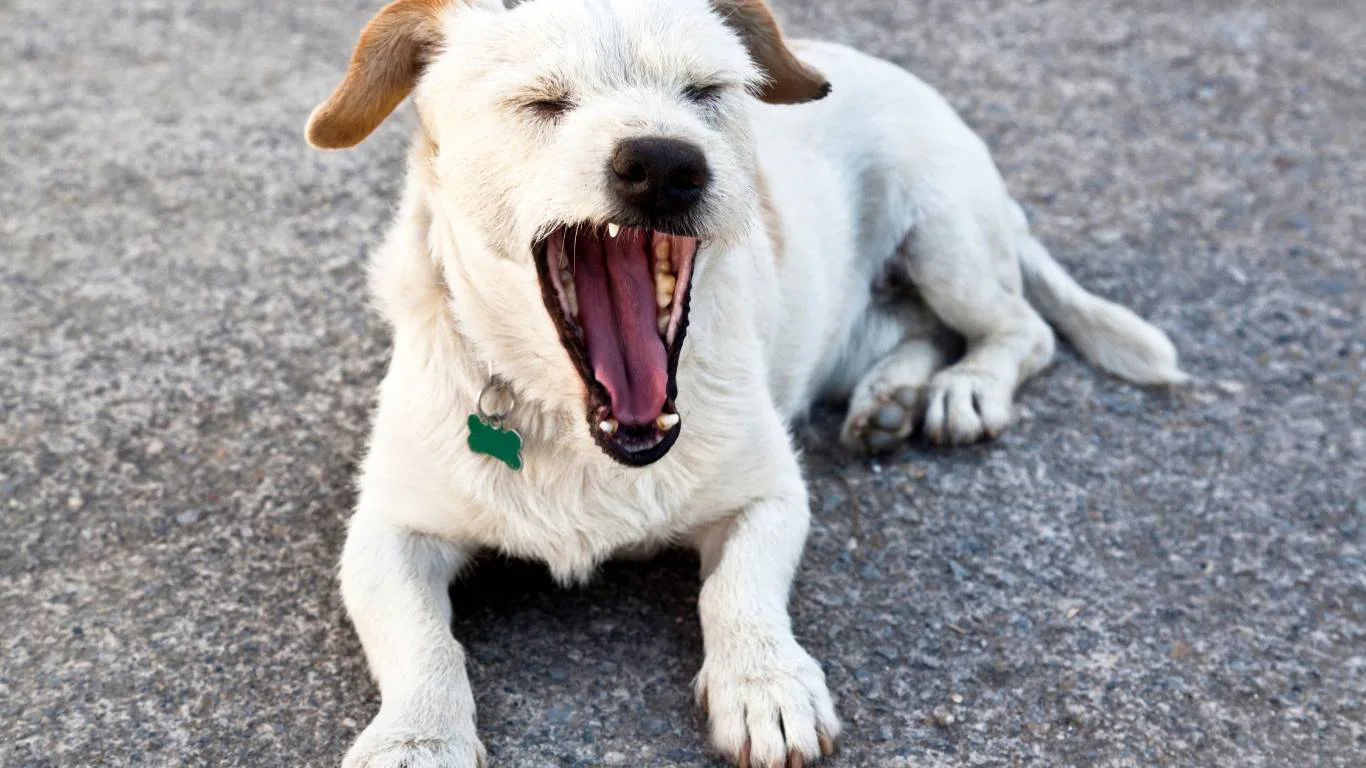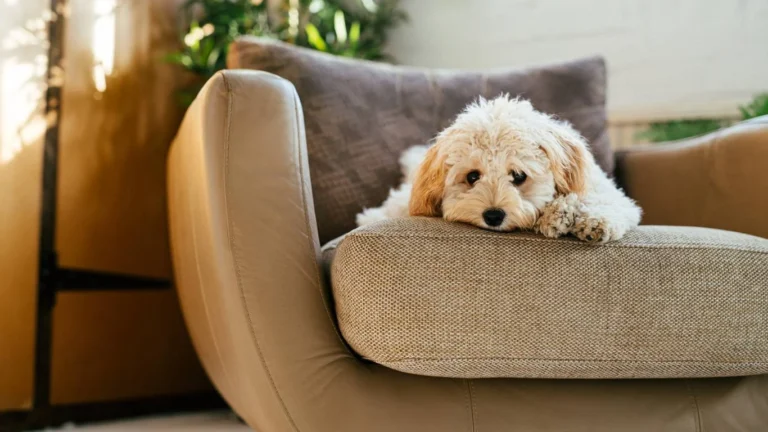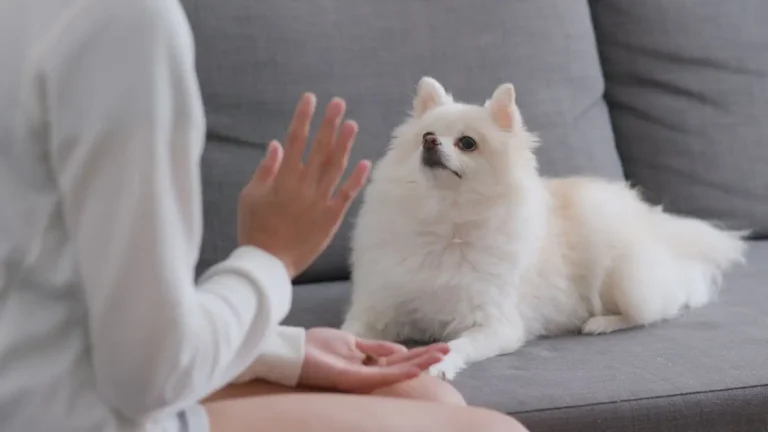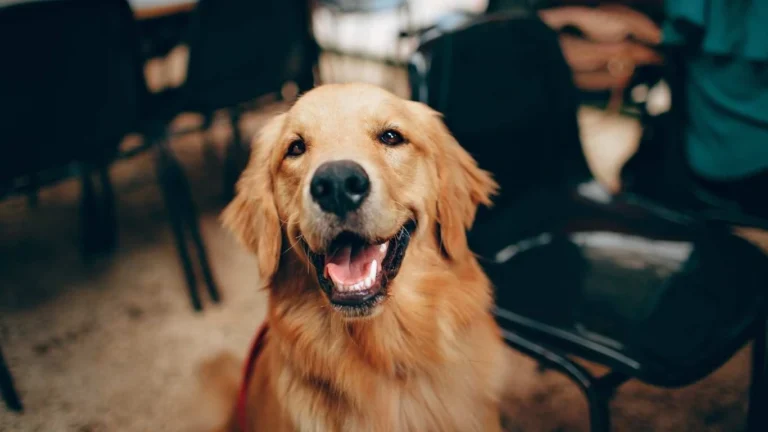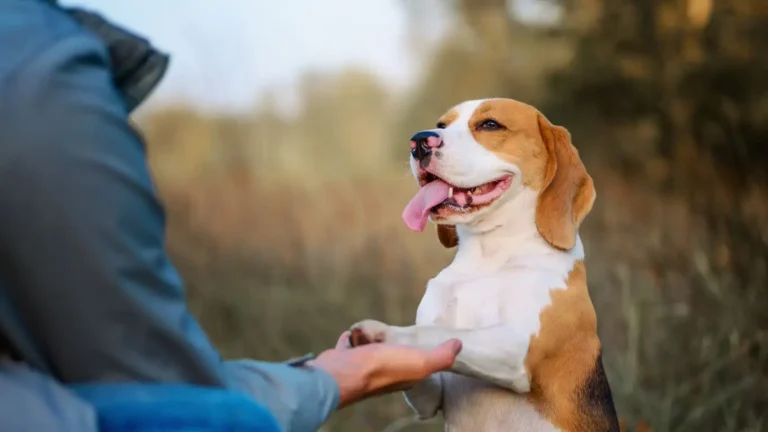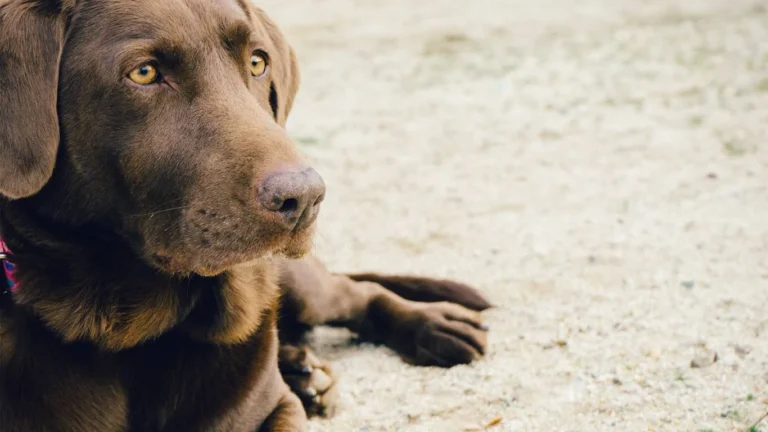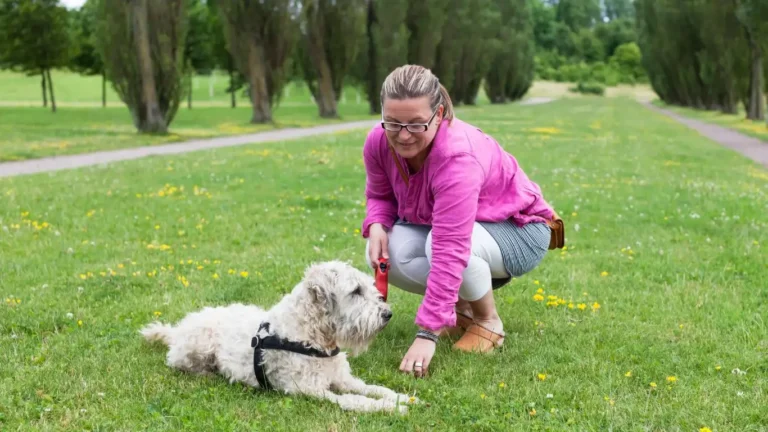Constant Gulping in Dogs Could Signal a Serious Health Issue
If you’re a dog parent, you know the drill—sniffles, scratching, and yes, even strange noises can send you straight into worry mode. One sound that often throws people off is constant gulping. It’s not barking, whining, or panting—but rather a repetitive, rhythmic gulping that seems… off. It might happen suddenly, during the night, after eating, or completely out of the blue.
So what does constant gulping in dogs indicate? Is it something serious or just a quirky habit? Let’s break it down and talk about what it means, what could be causing it, and how to help your furry friend feel better.
Understanding Gulping: More Than Just a Weird Noise
Constant gulping in dogs isn’t just an odd behavior—it’s often a sign that something deeper is going on. Gulping typically refers to a repeated swallowing or throat motion, sometimes paired with licking, pacing, or a bit of distress. It might look like your dog is trying to swallow something down or suppress a burp.
This gulping can be linked to several underlying issues. Here are the most common causes:
- Acid reflux (GERD): Similar to humans, dogs can experience stomach acid moving up into the esophagus, causing discomfort and repeated swallowing.
- Nausea: Gulping can be a sign your dog is feeling nauseated, possibly from eating something they shouldn’t have.
- Throat irritation: Something stuck in the throat—like a small toy, bone shard, or even a hair—can cause repeated gulping.
- Post-nasal drip: Allergies or sinus issues can lead to mucus dripping down the throat, triggering gulping as a reflex.
- Gastric dilation (bloat): In severe cases, gulping could be an early sign of this dangerous condition, especially if accompanied by pacing, drooling, or a distended belly.
“When dogs repeatedly gulp, it can be a sign of discomfort—often gastrointestinal in origin,” says Dr. Michelle Burch, a veterinarian with Safe Hounds Pet Insurance. “It’s a symptom worth monitoring, especially if it becomes frequent or is paired with other signs like vomiting or loss of appetite.”
How to Help: Foods & Lifestyle Tips That Can Calm the Gulping
While serious cases should always be checked by a vet, there are several gentle, dog-safe strategies that can help soothe a pup prone to gulping. Here’s what you can try:
-
Feed smaller, more frequent meals
Big meals can lead to indigestion and acid reflux. Try dividing your dog’s daily food into 3-4 smaller portions.
Tip: Avoid feeding close to bedtime, and elevate the food bowl slightly to reduce air swallowing. -
Switch to easily digestible food
Dogs with sensitive stomachs benefit from gentle, bland diets. Look for kibbles labeled “sensitive stomach” or try boiled chicken and rice temporarily.
Tip: Introduce new foods slowly over a few days to avoid upsetting the gut. -
Add a probiotic
Just like in humans, probiotics can support gut health and reduce gas, bloating, and acid buildup.
Tip: Choose a dog-specific probiotic like Purina FortiFlora or consult your vet for the right strain. -
Use a slow feeder bowl
Dogs who gulp their food (literally) may swallow air and irritate their stomach. A puzzle or slow-feed bowl slows them down.
Tip: You can also scatter food on a silicone mat if you don’t have a feeder. -
Try slippery elm or marshmallow root
These natural supplements form a soothing barrier over the stomach lining and esophagus.
Tip: Always use dog-safe doses and check with your vet before starting herbs. -
Keep water easily accessible
Dehydration can lead to thick mucus and nausea. Ensure your dog always has fresh, clean water available.
Tip: Some dogs prefer moving water—consider a pet water fountain to encourage drinking.
According to the American Kennel Club, dogs that gulp air while eating or drinking may experience something called aerophagia. This can cause abdominal discomfort and even vomiting. Addressing the cause of this gulping—whether behavioral or medical—is key to helping your dog feel better.
Extra Tips: Lesser-Known Remedies That Might Help
-
Calming aids
Gulping can also be triggered by anxiety. Natural calming chews or pheromone diffusers might help during stressful times like fireworks or vet visits. -
Massage the throat area gently
If your dog allows it, a light massage under the chin and down the neck can help ease tension and discomfort in the throat. -
Keep a food diary
Track what your dog eats and when the gulping happens. Patterns may emerge—like symptoms starting after fatty treats or rawhide chews. -
Avoid giving table scraps
Fatty or spicy human foods can irritate a dog’s stomach and worsen gulping symptoms.
Disclaimer: These remedies are intended as supportive care and not substitutes for veterinary diagnosis or treatment. Always consult a vet if symptoms persist or worsen.
A Final Word: Know When to Seek Help
Every dog is different, and what helps one pup may not work for another. Gulping might be nothing more than a mild reaction to eating too fast—or it could be your dog’s way of telling you they’re uncomfortable. The key is to stay observant.
If your dog’s gulping is frequent, intense, or paired with other signs like vomiting, drooling, or loss of appetite, don’t wait. Call your vet and describe the behavior. Video clips can also be super helpful for diagnosis.
Remember: You know your dog better than anyone. Trust your gut, stay informed, and when in doubt, get that professional opinion. With the right care and attention, your pup can be back to happy tail wags and stress-free meals in no time.
